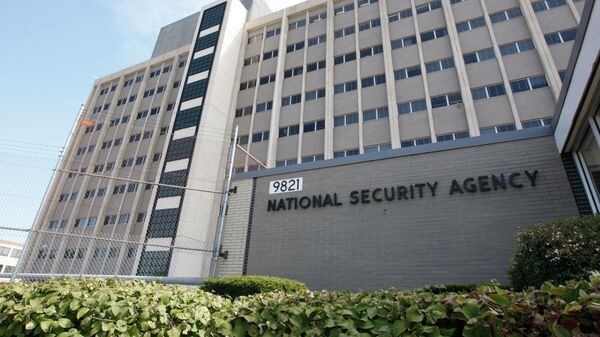"The short retention for these records supports the level of confidentiality afforded NSA staff members who utilize the ombudsman for assistance," the National Archives' approval reads.
The move, however, caused suspicions that the agency is suppressing inconvenient ombudsman documentation that contains reports on victims of agency retaliation. Tensions mounted amid the high-profile case of NSA whistleblower Thomas Drake.
"Destroy immediately after case is closed," the new recordkeeping guidelines state, referring to "confidential discussions protected from any outside inspection other than the NSA ombudsman."
Steven Aftergood, director of the Project on Government Secrecy at the Federation of American Scientists, called the step reasonable, noting that most of the internal papers appear to be useless.
Former NSA official Thomas Drake was accused in 2010 of violating the Espionage Act after he handed over classified agency data to media outlets. He was also charged with making false statements to the FBI.
Drake’s lawyers demanded the government provide evidence and records at the trial, but the agency claimed that the documentation in question had been destroyed "pursuant to a standard document destruction policy."
The attorneys for Drake indicated that the move was made, "outside of normal policy and to impede Drake’s ability to defend himself in the criminal case."




